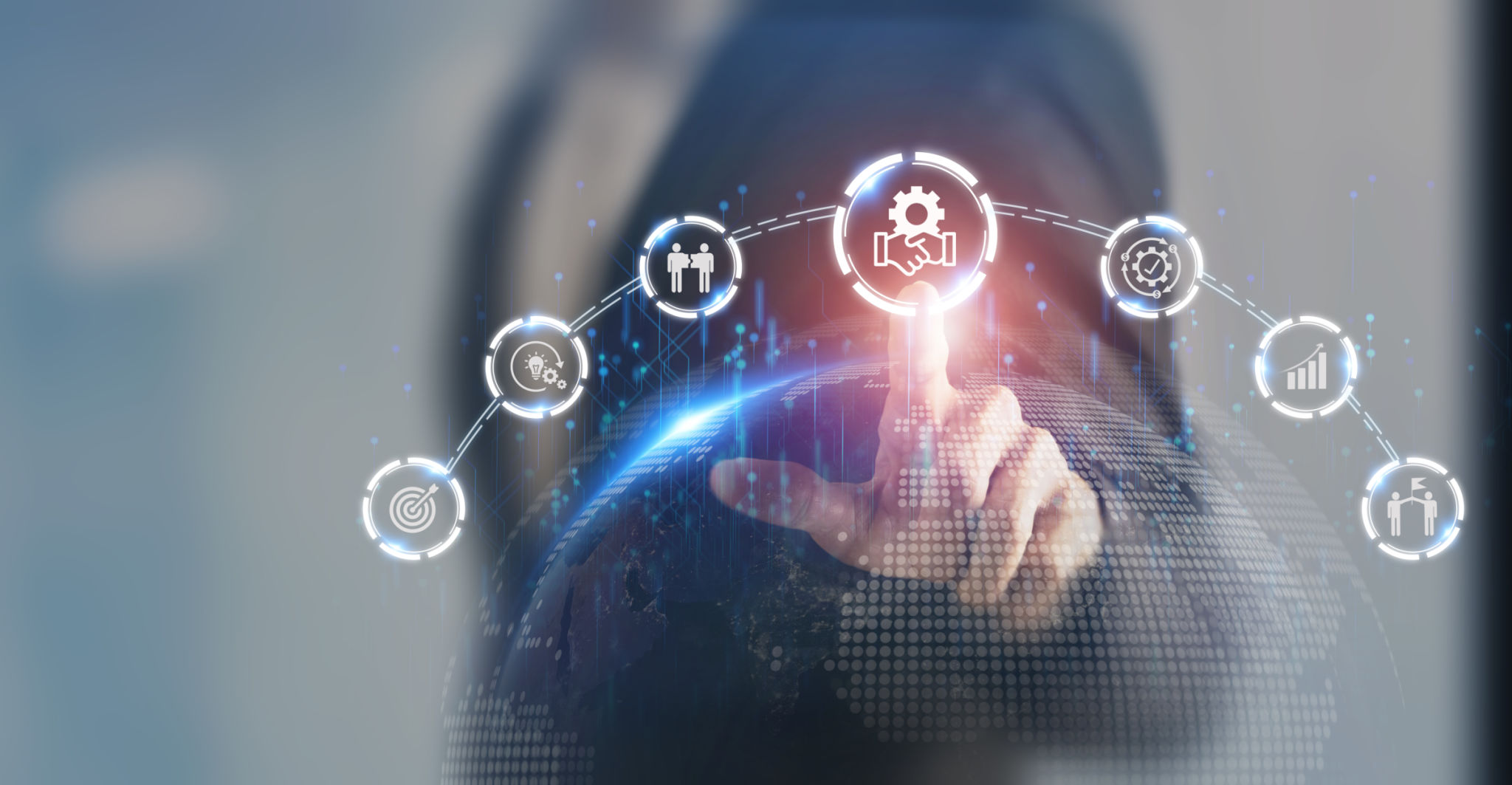Preparing Your Business for a Sustainable Future with Web3
Understanding Web3 and Its Impact on Sustainability
As businesses focus on sustainability, the emergence of Web3 technologies presents new opportunities for innovation and efficiency. Web3, the next generation of the internet, is built on decentralized networks, empowering users with more control and transparency. Understanding and integrating these technologies can significantly enhance a company's sustainability efforts.
Web3 leverages blockchain technology, enabling more transparent supply chains and reducing the need for intermediaries. This not only cuts costs but also minimizes carbon footprints by streamlining operations. The decentralized nature of Web3 ensures data integrity and security, fostering trust among stakeholders.

Leveraging Blockchain for Transparent Supply Chains
One of the most promising applications of Web3 in sustainability is blockchain's capability to create transparent supply chains. By recording every transaction on an immutable ledger, businesses can track the journey of products from origin to consumer. This transparency helps to verify the ethical sourcing of materials and ensures compliance with environmental regulations.
Moreover, blockchain technology can enhance accountability and efficiency across supply chains. By eliminating unnecessary intermediaries, companies can reduce waste and lower emissions. This efficiency not only contributes to a more sustainable future but also enhances profitability.

Embracing Decentralized Applications (DApps) for Efficiency
Decentralized applications, or DApps, are another facet of Web3 that businesses can harness for sustainable growth. These applications operate on a peer-to-peer network, reducing reliance on centralized servers and improving energy efficiency. By adopting DApps, companies can streamline operations, reduce overhead costs, and minimize environmental impact.
Furthermore, DApps offer enhanced data privacy and security, ensuring that sensitive business information is protected from breaches. This level of security fosters trust with consumers and partners, which is vital for long-term sustainability and success.

Implementing Smart Contracts for Operational Efficiency
Smart contracts are self-executing contracts with terms directly written into code. They are an integral part of the Web3 ecosystem, offering businesses a way to automate processes and reduce manual intervention. Smart contracts can enhance operational efficiency by ensuring timely payments and reducing human error.
By automating routine tasks, businesses can focus more on strategic initiatives and reduce resource consumption. This automation not only drives down costs but also aligns with sustainability goals by minimizing wasteful practices.
Preparing Your Business for a Web3-Driven Future
Adopting Web3 technologies requires a proactive approach and a willingness to adapt to new paradigms. Businesses should start by educating their teams about the potential of Web3 and exploring pilot projects to test its applications. Collaboration with technology partners can also accelerate the transition to a Web3-driven business model.
It's essential to stay informed about regulatory developments and industry standards related to Web3. As this technology evolves, compliance with legal frameworks will be crucial in maintaining sustainable practices and fostering consumer trust.

The Role of Innovation in Achieving Sustainability Goals
Innovation is at the heart of preparing for a sustainable future with Web3. Companies should encourage creative thinking and invest in research and development to discover new ways to leverage these technologies. By fostering a culture of innovation, businesses can remain competitive while achieving their sustainability objectives.
Partnering with startups and tech innovators can provide fresh perspectives and access to cutting-edge solutions. These collaborations can lead to the development of new products or services that align with both business goals and environmental responsibilities.
Conclusion: Embracing Web3 for a Greener Tomorrow
The integration of Web3 technologies into business operations offers a promising pathway towards sustainability. From enhancing transparency in supply chains to improving operational efficiency through smart contracts, the benefits are substantial. By preparing now, businesses can position themselves at the forefront of this technological revolution, driving both sustainability and growth.
As we look towards a greener tomorrow, embracing Web3 is not just an option but a necessity. Companies that take the initiative to integrate these technologies will lead the charge in creating a sustainable future for all.
